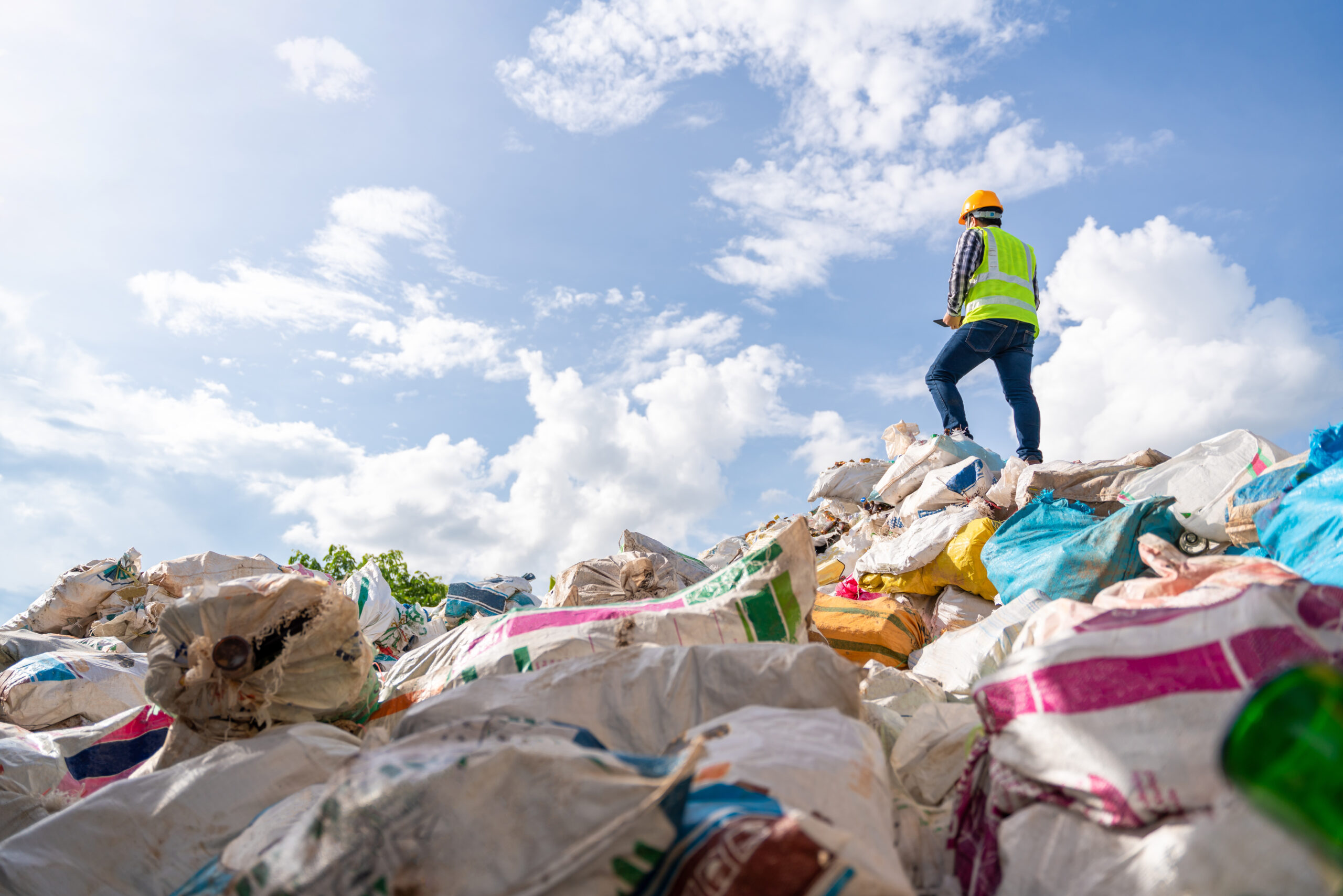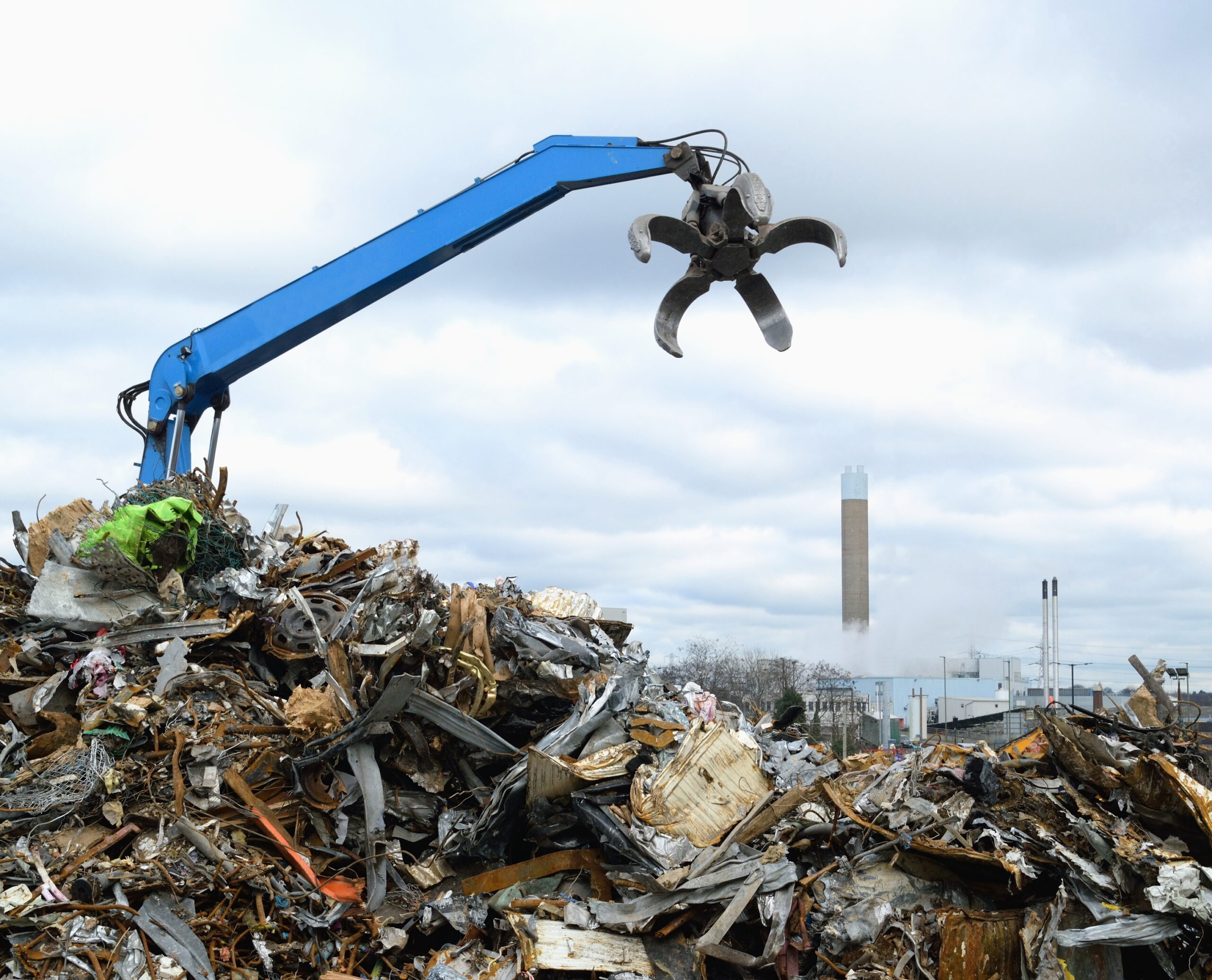
- The number of waste and recycling datasets published by the former Conservative government fell by an average rate of 6% each year between 2010 and 2022.
- In the first three years of Conservative leadership, an average of 30 datasets were published every year – by 2022, this figure had dropped to 12.
- The decline in waste and recycling reporting runs parallel to a slow in progress toward net-zero targets across a range of industries, with businesses now subject to less scrutiny.
A new analysis of statistical datasets published by the government has revealed a sharp downturn in the amount of environmental reporting carried out under the former Conservative government.
The research, released by the Copper Sustainability Partnership (CuSP), shows that the number of waste and recycling datasets fell by more than half between 2010 and 2022.
In the first three years of Conservative leadership, an average of 30 waste and recycling datasets were published each year. By the end of 2022, there were only 12 datasets available.
The Department of Environment, Food & Rural Affairs’ budget decreased significantly under the former Conservative government, while funding for environmental protection was also halved.
Austerity measures have restricted research activity, leading to several key waste and recycling statistical datasets being phased out.
With the Labour government emphasising its commitment to reducing waste and moving to a circular economy, campaigners are now calling on the government to deliver on its promises and reinstate key environmental reports.
Oliver Lawton, Co-founder of CuSP and Managing Director of Lawton Tubes, said: “The former government has set a dangerous precedent by relaxing its vigilance in regard to environmental reporting. Not only do these reports provide valuable insights that inform waste management policy, but they also hold businesses to account over poor waste treatment practices.”
“The diversion of funding away from environmental research and protection means businesses from some of the highest-polluting sectors are now under less scrutiny, derailing the progress that has been made by others to decarbonise.”
Much of the emphasis of the former government was on relaxing environmental regulations for businesses in order to facilitate economic growth.
In 2013, the Department for Business Innovation & Skills introduced a new directive stipulating that regulators should avoid imposing “unnecessary burdens on businesses”.
Following the withdrawal of the UK from the EU in 2020, regulations surrounding waste management reporting also changed.

For instance, the UK is no longer required to report on the treatment of waste across different NACE areas – a classification system used by the EU to categorise different economic activities such as construction and manufacturing.
Requirements for corporate sustainability reporting are also more comprehensive in the EU, where it is mandatory for all large and listed companies to disclose information on their environmental impact.
Fellow Co-founder of CuSP and Head of Sales at Mueller Europe, Andrew Surtees, said: “Over the last decade the UK has moved away from the European community in its commitment to corporate sustainability, with funding cut for research and regulators given diminished powers.”

“In the construction industry, we have seen new products that are neither made with recycled materials nor recycled at the end of their lifecycle pushed by manufacturers, adding to already excessive levels of waste emissions at a time when the sector is falling further behind in its net-zero commitments.”
“The Labour government’s pledge to minimise waste is welcome but must be backed up by decisive action, starting with a thorough review of the current state of waste and recycling in industries like construction that have long been able to escape scrutiny.”
For more information, visit: www.cuspuk.com
